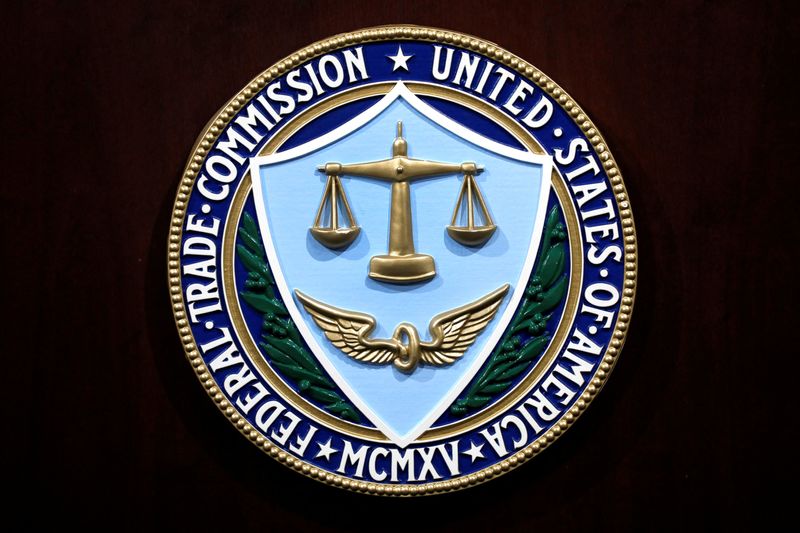WASHINGTON (Reuters) -U.S. regulators and XCast Labs have agreed on a proposed settlement of charges that the company facilitated billions of illegal robocalls, the Federal Trade Commission (FTC) said on Tuesday.
The FTC also ordered the Voice over Internet Protocol (VoIP) provider to pay a $10 million civil penalty but suspended the fine "based on its inability to pay," it said in a statement.
The penalty will be due immediately if XCast "misrepresented its financial condition," and XCast must cut ties with firms that do not follow telemarketing rules, it added.
Regulators sued Los Angeles-based XCast over charges it helped other companies contact people on the National Do Not Call Registry and generally deceive them into making purchases or contributions after previously warning the company multiple times.
"Companies that turn a blind eye to illegal robocalling should expect to hear from the FTC," Samuel Levine, director of the FTC’s Bureau of Consumer Protection, said in the statement.
The company said the FTC press release violated the spirit of the settlement "which was that XCAST LABS did not admit to any violations, but agreed to not do what it was already not doing to avoid a costly and protracted defense."
The U.S. Department of Justice’s Civil Division Principal Deputy Assistant Attorney General Brian Boynton said Tuesday's order highlighted the department's "efforts to protect American consumers from illegal robocalls and to stop telecommunications providers from enabling those calls.”
As part of the proposed settlement filed with the U.S. District Court for Central District of California, XCast must start using a screening process and halt its ties with firms that do not comply with U.S. telemarketing laws, the FTC said.
Under a separate settlement with the FTC, California-based Response Tree LLC and its president, Derek Thomas Doherty, were banned by the agency from making or assisting anyone else in making robocalls or calls to phone numbers on the Do Not Call Registry, the agency said.

The FTC had accused Response Tree of operating more than 50 websites designed to trick consumers into providing their personal information for supposed mortgage refinancing loans and other services.
Reuters was unable to contact Response Tree for comment.